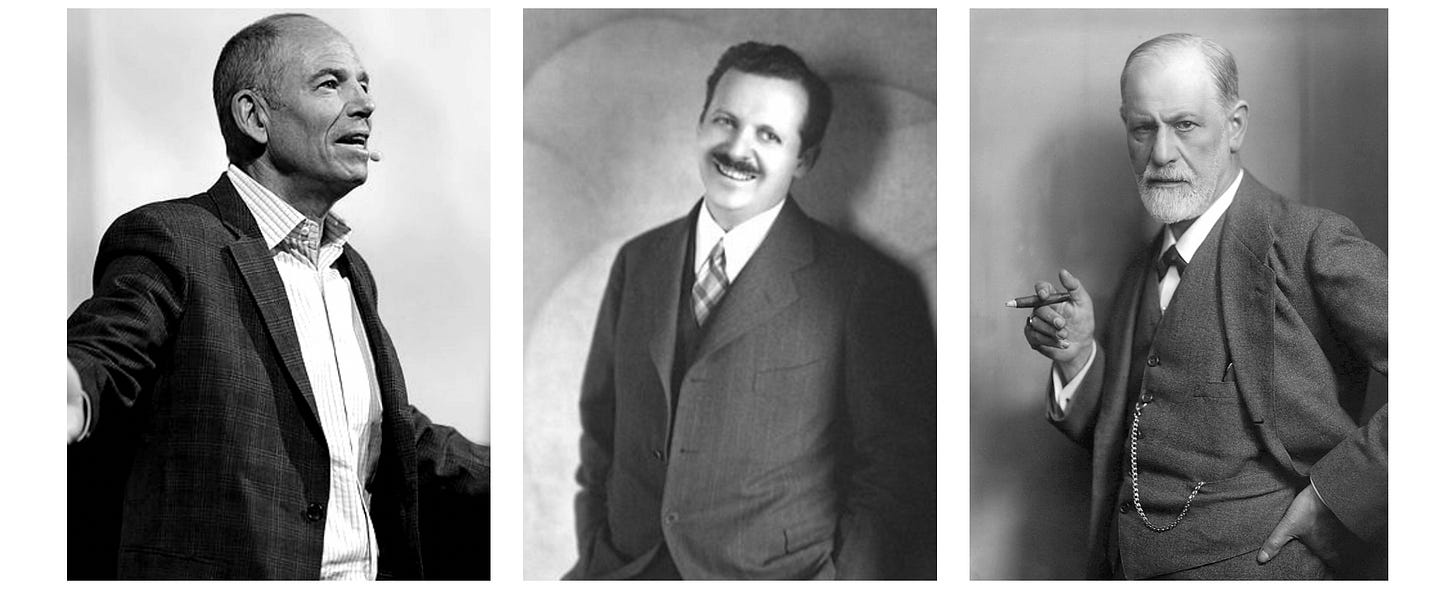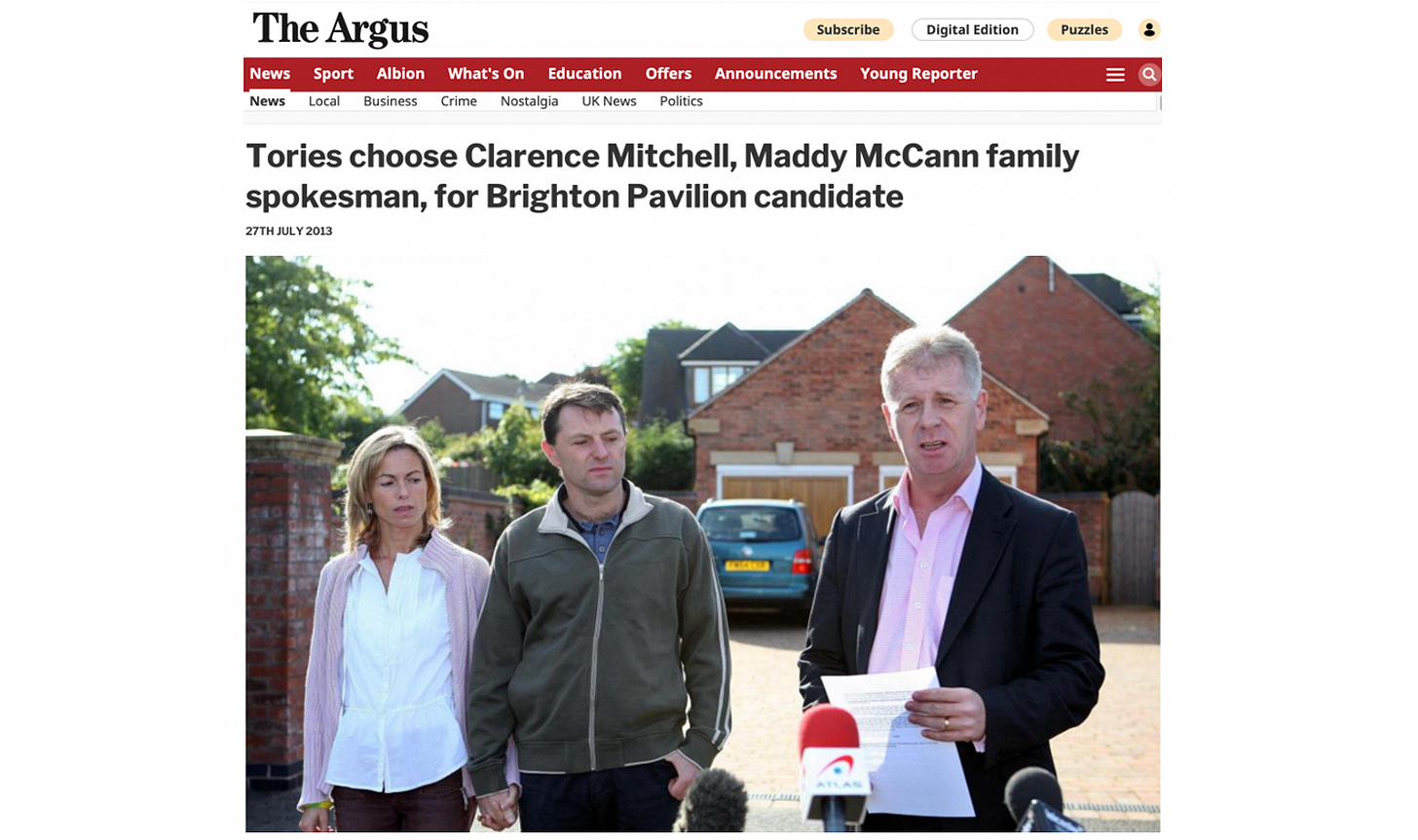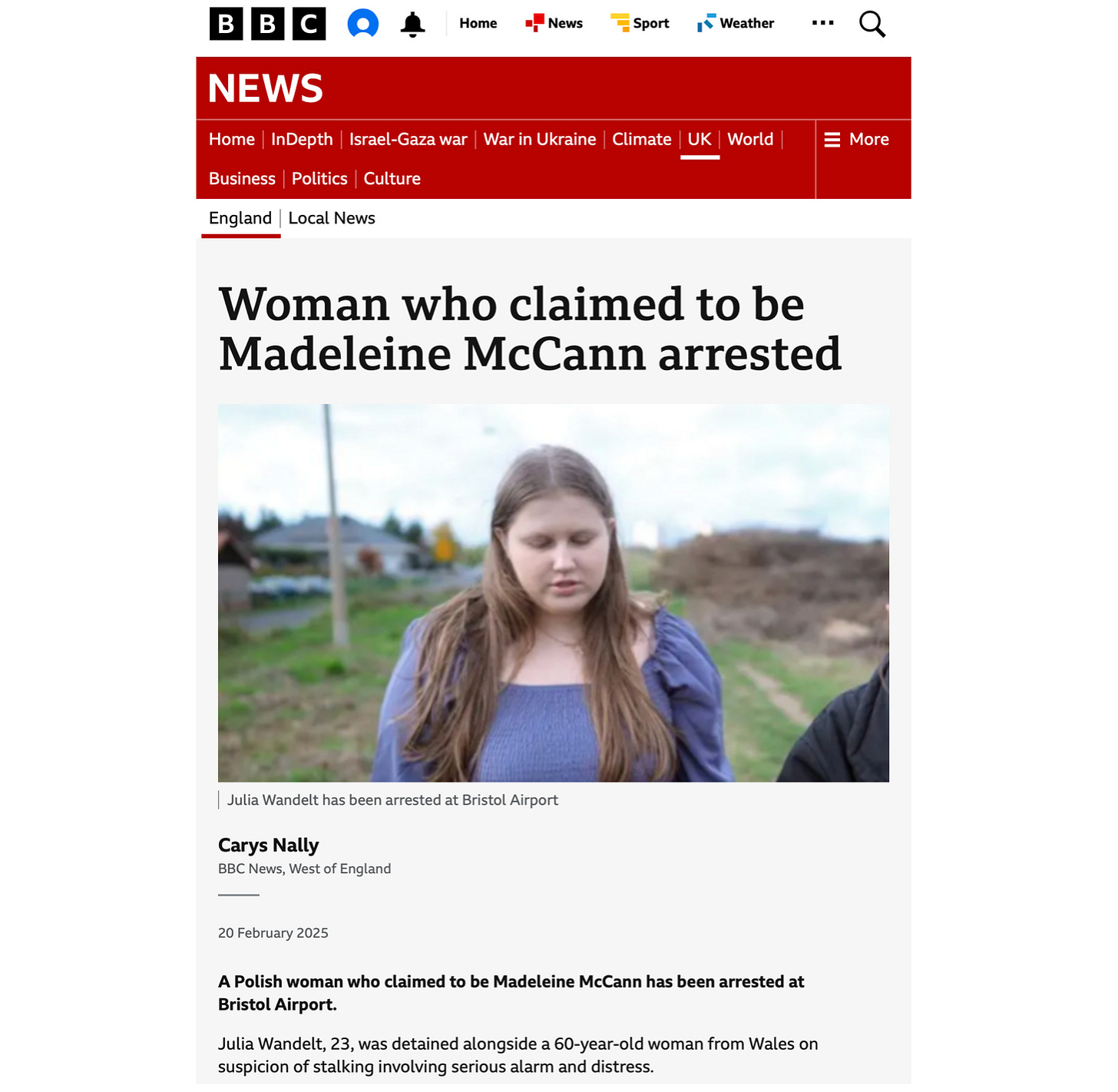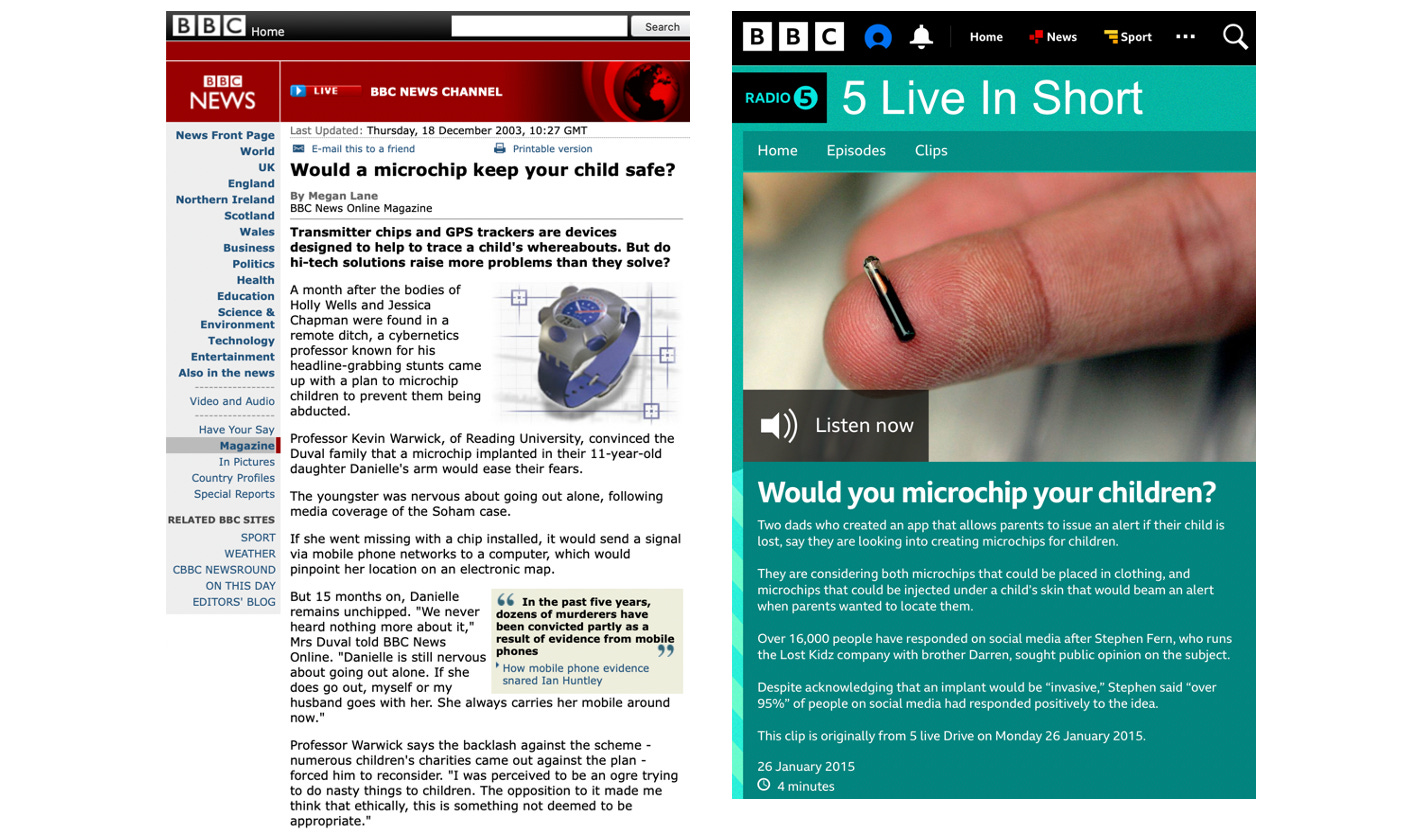Dear Church Leaders (and everyone else)
Until recently, I was unaware of just how many people go missing in the UK. Here is p9 of the Missing Persons Data Report 2022/23 from the National Crime Agency:
156,454 people!
That’s roughly the population of West Berkshire. Or South Tyneside. Or the Isle of Wight. Or — if you prefer cities — Oxford, Preston or Swansea.
For context, relatively few of those incidents involve children under the age of 12 (see p10). And of course in the vast majority of cases the duration of the missing incident is relatively short (see p17). But there are some young children who do go missing for long periods of time:
…according to the UK Missing Persons Unit, there are 1,514 children in the UK recorded as “long-term missing”, meaning that they have been missing for more than 28 days.
That quotation is from a 2023 article — Madeleine McCann: Young children who have been missing for more than a decade — that features the cases of Daniel Entwistle, Ames Glover, Holly Bringan, Aamina Khan, Ben Needham and Mary Boyle.
Now it could be that I do not pay enough attention to such things, but there were only two names in that list that I even vaguely recognised. And if I had been stopped in the street and asked, before seeing that article, “Can you name any well-known unresolved cases of missing children in recent years?”, there is only one that I could have cited with any degree of confidence. It is of course the one featured in the headline of that article. And I suspect the vast majority of people would say something similar.
And why? Well, the matter of the mystery of Madeleine McCann has had an extraordinary amount of press coverage.
For example, a search for Madeleine McCann on The Guardian website turns up no less than 504 articles over 26 pages, including five so far this month:1
504 articles over 18 years works out at an average of 2-3 a month.
A search in The Telegraph gives similar results:
There are seven pages featuring links to around 200 articles, but going back only as far as 2016.
By way of illustration, here are the 32 articles on p6, spanning a period of just under 12 months in 2016-17:
As it happens, that is also an average of 2-3 a month.
Looking back, it appears that the Madeleine McCann case has rarely been out of the headlines for more than a few months. And there was one month — June 2020, at the end of the first covid lockdown — during which The Telegraph had around 70 (yes, seventy) articles related to the disappearance of Madeleine McCann.
And there was me thinking that the tabloids would be the main place to go for such coverage.
The context
For context, Madeleine McCann was reported missing in May 2007, a few days before her fourth birthday.
Around a year later, an article in The Telegraph opened with these words:
The first anniversary of the disappearance of Madeleine McCann will be marked next week with a two-hour television documentary which is the highlight of a carefully stage-managed publicity offensive.
And described the investigation as:
the most heavily reported missing-person case in modern history.
That was in 2008. I wonder what The Telegraph would have said in June 2020. Let alone what it would say today, 18 years since the disappearance was reported.
For anyone interested in the timeline since 2007, and the various twists and turns, this Wikipedia article with 300+ references looks comprehensive.
And there is this Netflix series featuring “the world’s most famous missing child case”:
Though I should perhaps at this stage at least flag up this article featuring Wikipedia…
…and this update on Marc Randolph, the founder of Netflix who is the great-nephew of Edward Bernays (author of Propaganda), who himself is the nephew of the founder of psychoanalysis Sigmund Freud.
Which reminds me of Clement Freud, Sigmund’s grandson, who the BBC reported in 2016 as having been posthumously “accused of abusing two girls between the late 1940s and 1970s”.
That BBC article also states:
Freud was friends with Gerry and Kate McCann — parents of three-year-old Madeleine, who disappeared in Praia la Luz, Portugal, in 2007.
The BBC journalist
The 2008 Telegraph article mentioned above — Master of media circus for Madeleine McCann — features Clarence Mitchell, who, according to his CV:
…was an on-air BBC News Correspondent, Royal Correspondent, Political Correspondent and Presenter, during a 20-year career with the Corporation…
He was profiled in this 2007 BBC article:
He was one of the first reporters to arrive… when the immensely popular BBC TV presenter Jill Dando was shot dead in a murder many feel has never been satisfactorily explained…
…led coverage of the murder of the Surrey schoolgirl Millie Dowler in 2002. The case has never been solved…
…was deeply involved in coverage of the post-Diana era and the death of the Queen Mother…
But in 2005,2 he:
…left the BBC quite suddenly, making a move into the Labour government as director of its Media Monitoring Unit. His salary was widely reported to be £70,000 a year.
Around £120,000 in today’s money.
And in 2007:
As the Madeleine McCann story exploded… it became clear that a high level of control and organisation would be needed to cope with the media maelstrom…
So:
[Mitchell] was plucked from his job, and sent out to handle the media, rather than be part of the media, on a massive crime story.
Several years later, in 2013, the former director of the Labour government’s “Media Monitoring Unit, controlling the flow of information to newspapers”, was chosen as the Conservative candidate for Brighton Pavilion:3
According to that article in Brighton’s The Argus, in 2008, Mitchell:
…was involved in a row with Portuguese police who accused him of “lying with as many teeth as he has in his mouth” after McCann family statements were leaked to the media.
The Crimewatch producer
Stepping further back, but still on the subject of the BBC, it so happens that, according to this 2007 Guardian article:
Bridget O’Donnell and her partner were making friends with another holidaying family while their three-year-old daughters played together. But then Madeleine McCann went missing…
And this is what O’Donnell says about herself in that article:
I once worked as a producer in the BBC crime unit. I directed many reconstructions and spent my second pregnancy producing new investigations for Crimewatch…
Crimewatch (formerly Crimewatch UK) being:
a British television programme produced by the BBC, that reconstructs major unsolved crimes in order to gain information from the public which may assist in solving the case.
O’Donnell even has an IMDb entry:
Hmm.
The actress?
Finally, one of the most recent — and perhaps most curious — developments in the mystery of Madeleine McCann is the reported arrest of Julia Wandelt, who apparently “claimed to be Madeleine McCann”:
And who bears at least some resemblance to this Julia Wandelt, an actress based in Arizona:
If you are unsure, try browsing the Photo gallery (bottom left on the snapshot above).
And so…?
Make of the above what you will…
But to anyone wondering, quite reasonably, why the media has given — and indeed why the media continues to give — so much prominent coverage to this one particular case of a missing child, it is worth trying to put yourself in the minds of the invisible governors…
…who exert influence on what we see and hear.
I don’t think it’s too much of a stretch to wonder if the-powers-that-be might, for any of various reasons, want to keep a closer watch on the masses. And that one of the ways they might envisage doing that is by implanting microchips in people.
And if that were their intention, I don’t think it would take too many brainstorming meetings to come up with these two strategies:
[i] Introduce microchipping for pets to get people used to the idea
As I guess many readers will know, it’s already a thing — and hardly an optional one — for dogs and cats.
“For their safety.” “For your peace of mind.” And so they can be tracked and traced. And so you don’t get fined a monkey.4
[ii] Create a perceived need to microchip children for their safety
Despite the apparent keenness of many churches to adopt ChurchSuite — which offers, among other things, the facility to barcode children…
…and to which almost no-one seems to object — I suspect that even the laptop class might baulk at the idea of the State microchipping their kids.
But, with careful manipulation of the media, and prominent stories where the moral is ultimately,“This could have been avoided if only she had been microchipped”…
Along with a nudge here and a nudge there from Auntie…5
…who knows?
I wonder how long it will be before there is a page on the UK government (or NHS) website that says “Get your child microchipped”…
And where that might lead to…
Not unrelated:
Another “reported arrest”:
And:
Dear Church Leaders homepage
Some posts, including a version of this one, can also be found on Unexpected Turns
Revealing Faith: Seeing and believing the revelation of God (to be published July/August 2025)
The Big Reveal: Christianity carefully considered as the solution to a problem
Search conducted on 17th June
2015 General Election result for Brighton Pavilion: Caroline Lucas (Green) 22,871, 52.3%; Purna Sen (Labour) 14,094, 26.8%; Clarence Mitchell (Conservative) 12,448, 22.8%
An informal name for the BBC


























